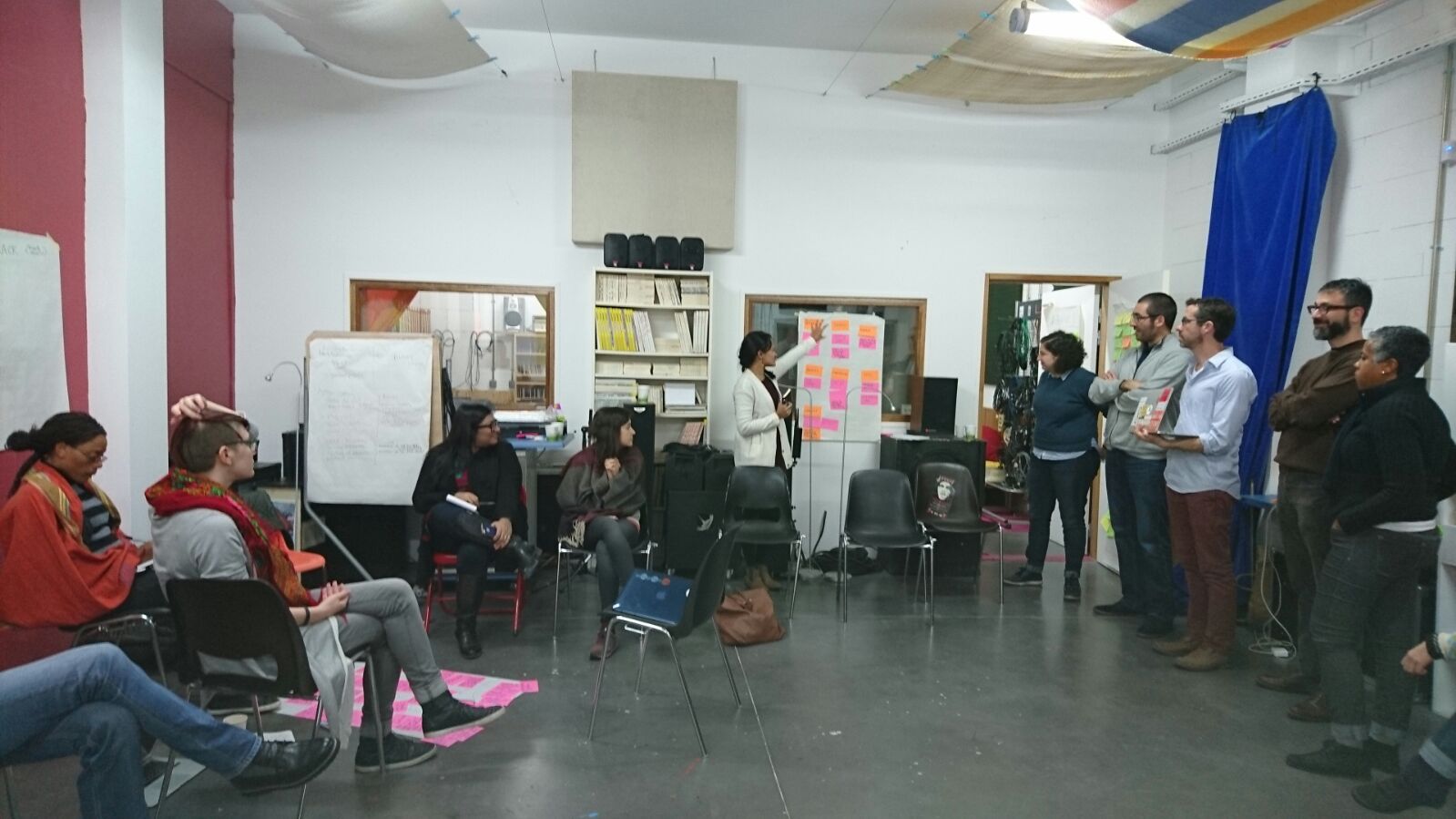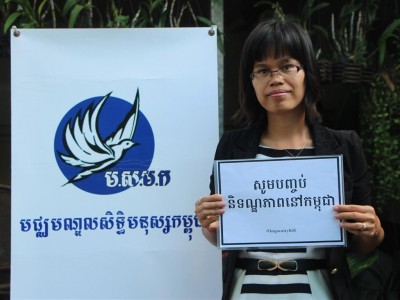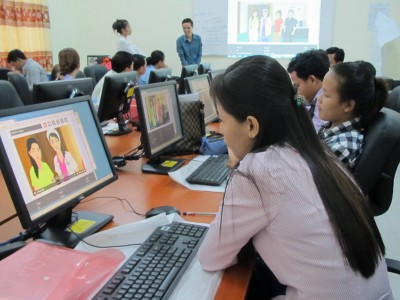
Last week, GVex participants met in Marseille, France, for the first in-person workshop of the project. Here are some of Zara's thoughts following 5 intense days of workshop!
- Context changes everything: At the start of the week, we were worried about reinventing the wheel – there are so many existing resources and guides out there about digital advocacy, strategies, digital security, campaigning strategies, etc. But after just a couple of days talking about the users of whatever it is that we were creating, as well as the actual problems of people in the room, I realized that we were actually talking about a whole different vehicle, rather than new wheels. Many popular existing guides were built upon foundations that simply aren't true for many of the situations that arise when working in the global south, particularly in especially politically repressive countries. We wanted to know the answer to questions like: how do you support secure digital communication when encryption is illegal in your country? Or, what strategies do you use for your digital advocacy training, when you know that two of the participants are undercover police officers? Or, how do you train people on their right to anonymity when anonymity is against the constitution in the country where you are working?
- Flexibility needs trust. Having time to play, experiment and iterate is a welcome luxury, but it's tricky too. The aims of bringing people together in person weren't simply to create something together, but first to work out what that “something” might be. It was exciting in that everything was open to decide: format, content, users, where we could have the most impact, deciding what was most needed. But having so much flexibility can be a difficult workshop journey to navigate, which was why having Willow as our trusted facilitator was so appreciated; knowing that someone was making sure we were advancing in our journey as well as experimenting and iterating, was invaluable.
- Threats come in disguise: The fact that certain threats are so normalized in some situations makes our work even harder. Halfway through the week, I had the chance to sit down and ask a series of questions to the other participants, which were aimed at understanding better the strategies that they used in their advocacy and activism. One of those questions was about threats that they faced, and somewhat to my surprise, it actually didn't bring up that many detailed answers. But later on in the conversations that we had, lots of threats that had happened as part of regular, daily life were mentioned – it saddened me to realize that these kinds of situations weren't considered to be actual “threats” but rather just normal life for many of the participants. Being able to draw out those threats, and associated strategies for dealing with them, in a thoughtful way was difficult, but constituted some of the most valuable conversations I had there.
- Start with the political context: Designing and understanding any advocacy strategy needs to start with the politics. One of the first questions we decided to ask was on the geopolitical situation of the country they are working or living in. Among many of the descriptions from participants were phrases like “police state”, or “dictatorship in disguise”; there were clear commonalities despite the geographic distance between their countries, and as such, commonalities between the strategies they could take in their advocacy. It's also worth noting that very few of the existing guides or resources do this.
- There are gaps to be plugged: After spending an intense few days discussing strategies and needs, it's pretty clear to me that there is a gap in ‘resources’ – and I mean ‘resources’ in the broadest of senses. I've no idea if what is most useful would be another website-based guide, or a printed out book or manual, but it was very obvious that basically everyone there had referred to parts of existing guides, and either adapted select parts to their own needs or ignored them because they simply weren't relevant. It seemed to me that the main way that this kind of group had been involved in existing creation was in the step of “community feedback” but much less so in design and content creation – which was why the workshop, and the GVeX project, is so exciting to me. The group also brought valuable advice on contextualization – something that seems to be often understood as simple language translation – but it's so much more than that.
- Gender matters: A workshop where the majority of participants are women has an entirely different atmosphere to one with majority men participants. Of course, it helped that these women were smart and thoughtful people, but it felt different in other ways, too. Being able to talk about experiences faced as a woman, or as a woman of colour and know that the majority of people around you shared that experience gives an almost instantaneous sense of solidarity. The majority of participants also came from strongly patriarchal societies, too, which meant that the gender aspect to those experiences was especially important to take into consideration. For example, digital campaigning took on another angle when you consider that in many countries, public spaces are not welcoming spaces for women; so, organizing a public protest is out of the question from the very beginning. There were many similar conversations where participants had come up with strategies not just based upon the adversary or the nature of the campaign they were engaged in, but based upon very particular, and difficult, cultural and societal contexts.
- Strategy > tools. This might sound obvious, but it came up again and again; above everything, the thing we all seemed to agree on was the importance of a well-thought out strategy, even if that strategy needs to be adapted iteratively. For me, understanding what elements go into a useful strategy, and pragmatically prioritizing them given the constraints of real life, was very valuable. Bearing in mind that the strategies were global south focused, certain issues came up more than in existing resources I've come across; like the issue of trust, or of dealing with the government as the primary adversary. Being able to sit down in person with all those fantastic people to discuss and debate so many important topics was simultaneously inspiring and exhausting.










1 comment